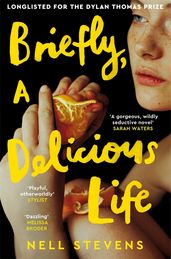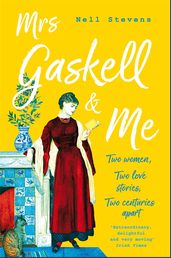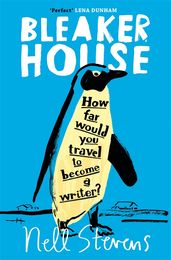Synopsis
'Perfect' Lena Dunham 'This year's literary sensation' Evening Standard
How far would you travel to become a writer?
8000 miles from home
1085 calories a day
3 months to write the novel that would make her name
At least that was the plan. But when Nell Stevens travelled to Bleaker Island in the Falklands (official population: two) she didn’t count on the isolation getting to her . . .
Hilarious and heartbreaking, this is a book about loneliness and creativity. It is about discovering who you are when there’s no one else around. And it’s about what to do when a plan doesn’t work: ultimately Nell may have failed to write a novel, but she succeeded in becoming a writer.
Details
Imprint: Picador
Reviews
The perfect read for anyone who has ever considered themselves "a writer"
This year's literary sensation . . . summer's must-read . . . an often very entertaining book about failing to write a book . . . what makes it most like something Dunham might have conceived is the comic skill with which Stevens deftly builds up a portrait of herself as the flawed but loveably self-deluding heroine of her own pyrrhic publishing scheme. This is a picaresque, recognisably human tale of a young woman’s failure to follow through on the glaringly unrealistic goals she set herself.
Quirky . . . fascinating . . . she may not have written the novel of her dreams, but the book she has produced will resonate with anyone who has shared her ambitions [to write].
Confiding, edgy and ever-so-slightly horrifying . . . I enjoyed it so much I wolfed it in one sitting. Bleaker House is an enthralling reflection on writing: how it is taught and how you learn to do it. And you’ll never look at a potato or a Ferrero Rocher in quite the same way again.


